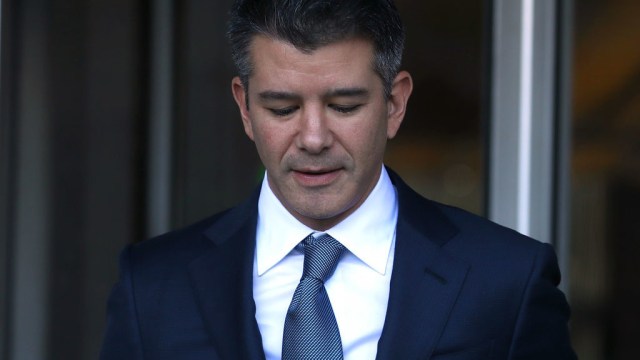Will Canada run out of legal pot during the first year of sales?

Image: Pixabay Commons
- Canada is set to legalize recreational marijuana on Oct. 17.
- Some economists say the industry won’t be able to meet demand during the first year, and that prices will rise or supply will run out.
- Dispensary owners in Colorado expressed similar anxieties in 2014 when recreational pot was legalized.
Recreational marijuana will be legalized in Canada on Oct. 17, but some say the current supply of legal cannabis won’t meet demand during the first year of sales.
“There is not currently enough legal supply of marijuana to actually supply all the recreational demand in Canada,” economist Rosalie Wyonch of the C.D. Howe Institute, a public policy think-tank, told the CBC. “We didn’t have enough producers far enough ahead from legalization that they’ll actually be able to deliver enough product to market by the time legalization happens.”
The governmental agency Health Canada estimates annual demand in the country to be 926,000 kilograms, or about 2 million pounds. There’s no reliable data on the exact supply of licensed recreational vendors, however the most recent estimates put the nation’s supply of medical marijuana at 66,404 kilograms of dried cannabis.
A survey from Statistics Canada showed that about 4.6 million Canadians, or 16 percent of the population, used cannabis in the second quarter of 2018, though the results of any survey that asks respondents to admit to illegal activity are always questionable.
In an email to CBC News, a spokesperson for Health Canada wrote: “Based on current inventory levels and growth in production capacity, the industry is well positioned to supply product as consumers transition to the legal market.”
Wyonch said recreational shops won’t run out of stock immediately, but there’s likely to be some obstacles as the months pass.
“I don’t see empty shelves manifesting on the first day probably, and not the first month,” she said. “But as the year progresses, what we’ll see is either prices in the legal market will have to rise, or we’ll actually see the supply shortage.”
Colorado dispensaries also feared supply shortage
When Colorado legalized recreational marijuana in 2014, a similar supply-shortage panic hit many recreational marijuana distributors in the state.
“We are definitely going to run out of cannabis. The question is when,” said Toni Fox, a dispensary owner who expected her inventory to run out one week after marijuana was legalized.
Other dispensary owners seemed to echo that anxiety. In a 2014 Daily Beast article about Colorado’s legalization policy, reporter Valerie Vande Panne wrote that nearly everyone interviewed for the story said “it’ll take eight months to a year for the supply side to consistently meet demand.”
Some of Colorado’s recreational dispensaries did run out of inventory at points in that first year of legalization, but it seems there was no widespread supply shortage in the recreational industry, which earned $313 million in 2014. (Interestingly, sales of medical marijuana outpaced sales of recreational weed during that first year, clocking in at $386 million.)
Smokers who did find their local dispensary to be out of stock could have still purchased pot from two other sources: a medical dispensary or an illegal dealer, both of which will be options for Canadians in the coming months.





